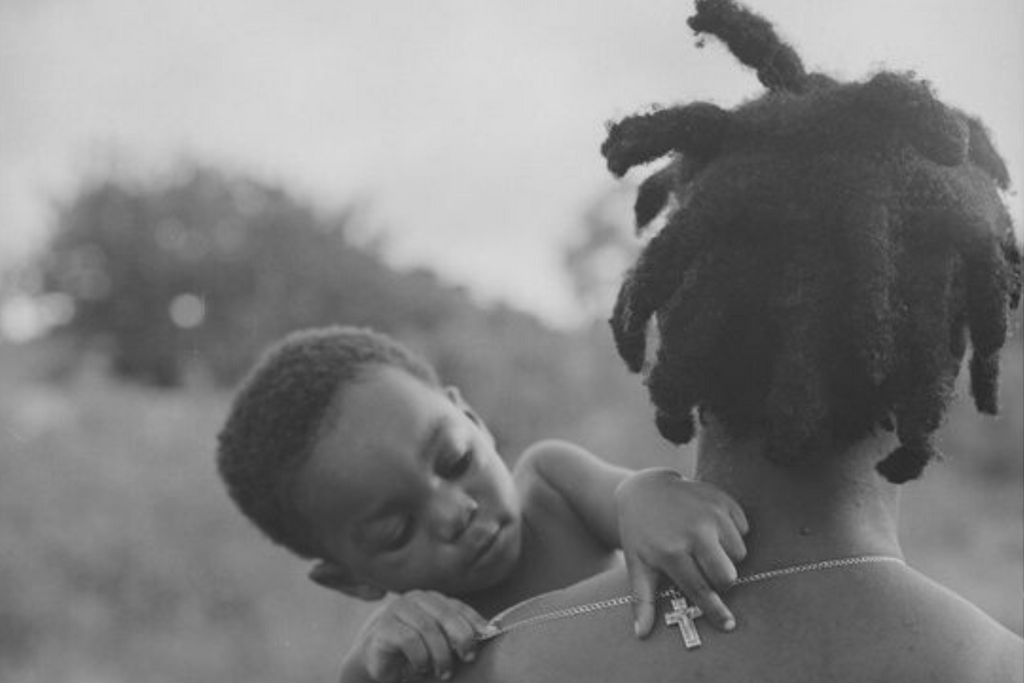Christopher Columbus is a name that we know, and have known for what seems like far too long. The whitewashed version of history has done him well, painting him as a courageous explorer, brilliant navigator, and overall, the person who discovered what is now America. Meanwhile, true history has reared its ugly head and revealed the horrific truth about what Columbus really did — not only did he fail to discover anything, but he also participated in acts of genocide against the natives of the land. Not only have new developments in research shown us that the land was already occupied when Columbus arrived, but that there are many of Black explorers to take note of instead of him. Voyages that took place on the Niña, the Pinta, and the Santa Maria were not the remarkable or revolutionary trips that Columbus and his crew thought they were. Though history has forgotten many of the people who made notable discoveries and contributions to society, we don’t have to.
Though the transatlantic slave trade brought many Africans to the New World, that was not be the first time African feet touched American soil. Around 1311, 181 years before Columbus, Abu Bakr II of the Mali Empire was said to have landed in the Americas, determined to find “the limits of the ocean.” Bakr abdicated his throne leaving it to his younger brother, Mansa Musa, who would go on to be the richest man in history.
About a century later, Juan Garrido, an African conquistador, explored Florida along with Juan Ponce de León, who would later serve as the governor of Puerto Rico. Born in the Kingdom of Kongo in 1487, the terms of his freedom are still not completely understood by historians to this day. While some speculate that he had a father back home who sent him to Portugal to get a formal education, others assume that he was a slave who was later set free by his owner. Nevertheless, Garrido made a name for himself as a conquistador throughout his life searching for gold in several countries including that of Hispaniola, Mexico, Puerto Rico, Cuba, Guadeloupe, and the Dominican Republic.
Known as “the first great African man in America,” Estevanico, or Esteban the Moor was an explorer from Azemmour, Morocco born in the year 1500. When the Portuguese government took control of his hometown around 1513, Estevanico and several other Moroccan citizens were taken captive and sold into slavery. Estevanico, with his owner, joined an expedition of Florida in 1528 led by Spanish explorer, Álvar Núñez Cabeza de Vaca.
Many years prior to Columbus’s arrival in North America, African explorers were not only sailing across there for discovery purposes, but to trade items in the New World as well. In his 1976 book titled, They came before Columbus, Ivan Van Sertima details the existence of African people who lived in ancient America. He explains that while traveling in Española (present-day Haiti and the Dominican Republic), Columbus found evidence that Africans had not only been to the land before, but also traded with the natives that lived there.
Sertima explains how the natives not only recalled that the people they had traded with had Black skin, but also that they carried gold-tipped spears with them. In his second voyage, Columbus sent back samples of the spears to find out that they were made of “gua-nin” which is a mix of gold, silver and copper. It was later found out that “guanin,” has origins in several of the Mande languages in West Africa, including those of Mandingo, Kabunga, Toronka, Kankanka, Bambara, and Vei. Sertima writes that, “In Columbus’s journal ‘gold’ is given as coa-na, while gua-nin is recorded as an island where there is much gold.”
For many decades, the lives and adventures of African explorers and settlers had remained hidden in the shadows, largely unknown due to a lack of evidence as well as the whitewashing of history. But now, thanks to Black researchers like Ivan Van Sertima and many others, we as a people can live with the knowledge of what those who came before us have done for society. We can now know the truth of how our ancestors risked their lives on long voyages and adventures to places that were once considered unknown. Though history was once heavily whitewashed with the intention of keeping us in the dark and stealing our self-worth, we no longer have to live this way. Now with these newfound discoveries, we can hold our heads high knowing that we have always been innovative and adventurous, ready to make strides and push boundaries with hopes of changing the world.
Instead of mistakenly giving all the credit to Christopher Columbus as history once did, we can learn about the explorers and settlers who sailed the seven seas to make Black history.

About the Author: Maryam Azeeza Muhammad is a poet, womanist, and journalism student from Bridgeport, CT currently attending Temple University in Philadelphia, PA.




JOIN THE DISCUSSION (1 comment)
Bee McNair
I am so impressed with this read. Would like to partner with others to document our rich history dated back to the 1300s. This is "good news for 2020. Will work spiritually hard to spread this truth for all humanity to be aware of our existence; truthfully. Ms. McNair